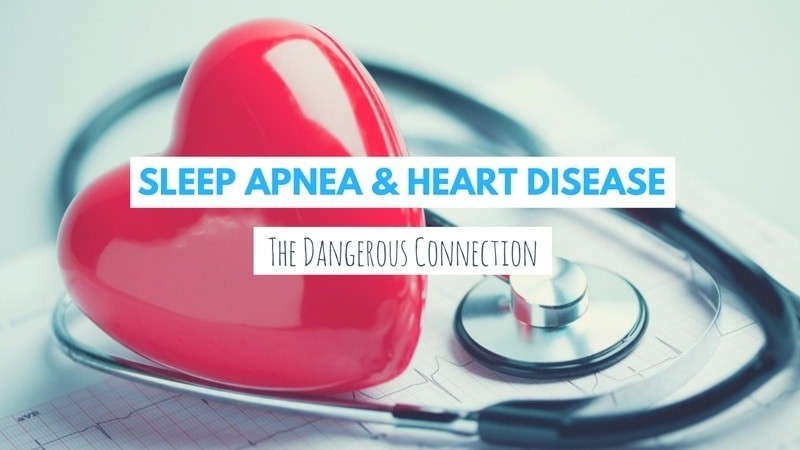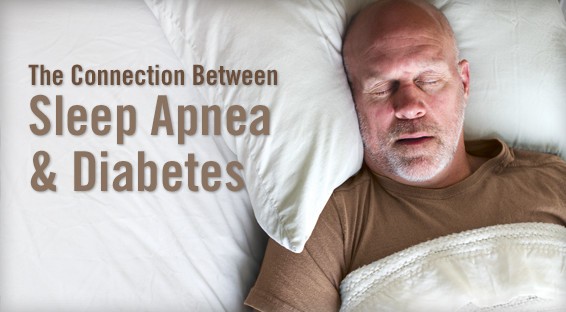Blogs
BLOGS
Sleep Apnea and Your Heart: The connection that increases mortality by 46%
 |
Dr. Pankaj P. Singh Replies (0)
Reads(1923)
|
With the one-year anniversary of Carrie Fisher’s tragic death having just passed and the news that untreated sleep apnea played a significant role in her early death, it’s a great time to open up the conversation on how sleep apnea affects heart health...
Read More
Could Sleep Apnea be Making Your Diabetes Worse?
 |
Dr. Pankaj P. Singh Replies (0)
Reads(1648)
|
According to a new study published in the August edition of The Journal of Clinical Endocrinology & Metabolism, when left untreated, sleep apnea can increase blood sugar and fat levels, stress hormones, and blood pressure, making several disease states, especially diabetes, worse...
Read More
Now You Don’t Have to Sleep in a Stranger's Bed to Get Tested for Sleep Apnea
 |
Dr. Pankaj P. Singh Replies (0)
Reads(1857)
|
With the recent news that for obstructive sleep apnea (OSA), the American Academy of Sleep Medicine gives in-home testing their seal of approval, people are wondering how in-home sleep apnea testing works, if it's covered by insurance, and why they should get tested. Let's shed some...
Read More
Equal Opportunity Disrupter: OSA and the atypical patient
 |
Dr. Pankaj P. Singh Replies (0)
Reads(1779)
|
Contrary to stereotypes, you don’t need to be overweight to have Obstructive Sleep Apnea (OSA). Long considered an old man’s disease, OSA is popping up in the most interesting demographics, particularly the fit, female, and young. An estimated 4-6% of American men have sleep apnea...
Read More
Teaching Kids How to Sleep Better
 |
Dr. Pankaj P. Singh Replies (0)
Reads(1902)
|
It’s September and college is back in session! It’s an exciting time for sure: a new chapter in a student’s life. But it’s also a time plagued by uncertainty and questions like what am I going to major in? Sailing club or Student Theater? Which classes should...
Read More
